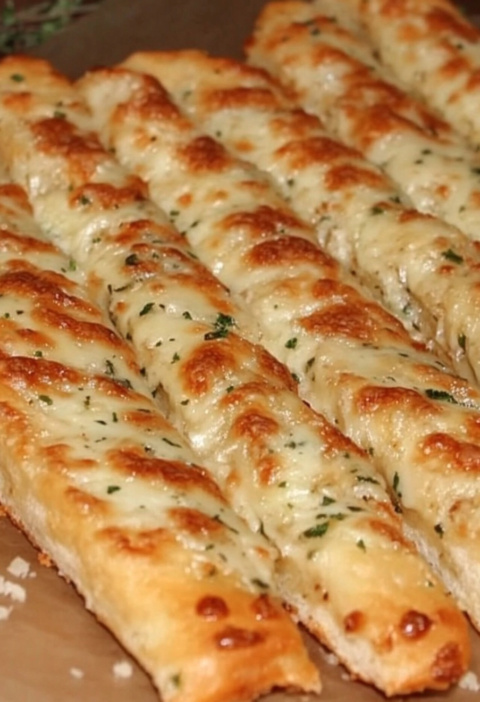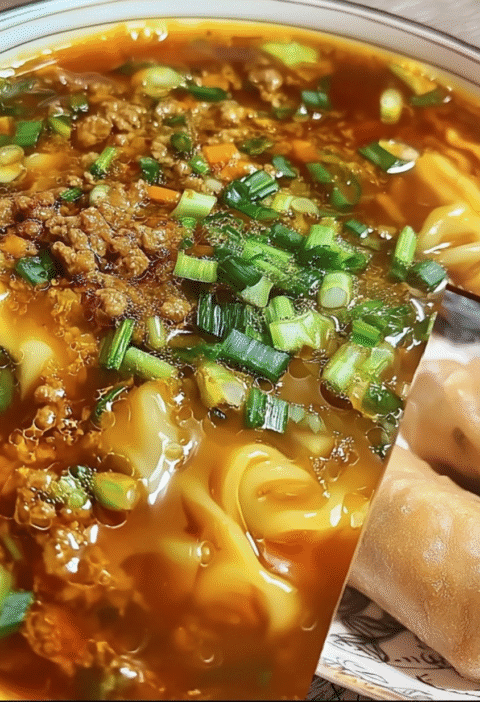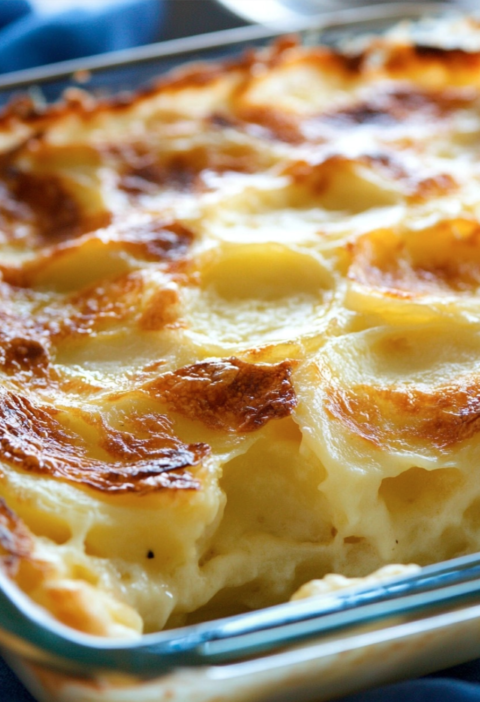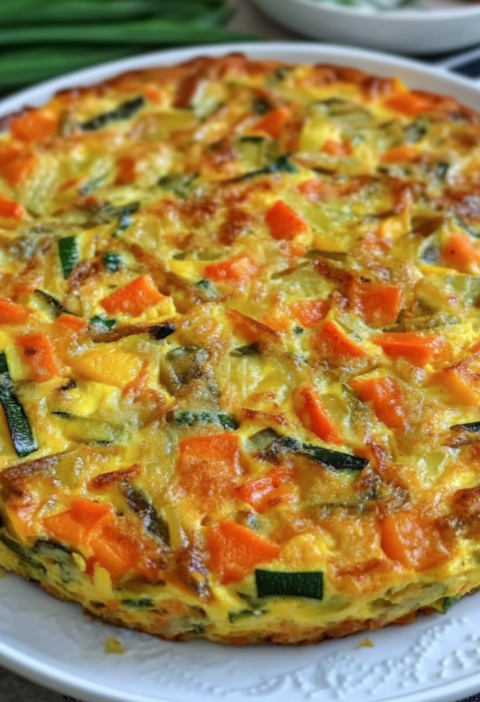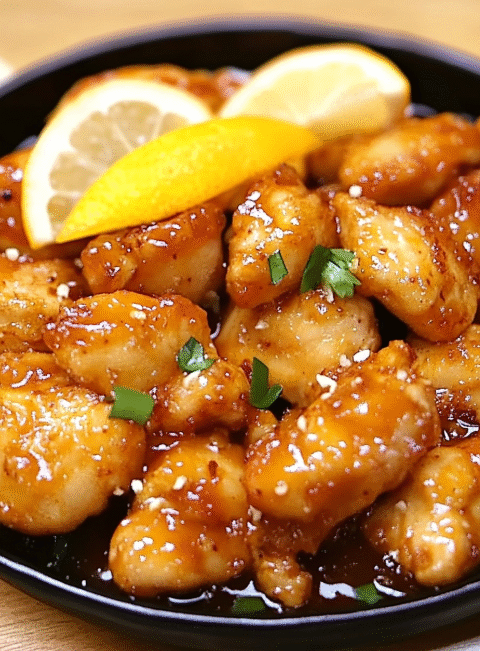Imagine a dish that excites your taste buds with a mix of citrusy zest and aromatic herbs. Welcome to our Zesty Lemon Herb Salmon. This recipe is a true culinary delight. It highlights the natural flavors of wild-caught salmon, enhanced by fresh lemon and fragrant herbs.
But what makes this salmon dish special? How can you pick the best salmon and prepare it to get the most flavor and health benefits? In this article, you’ll learn the secrets to making a Zesty Lemon Herb Salmon masterpiece. It will impress your family and friends.
Key Takeaways
- Explore the unique characteristics of wild-caught salmon varieties and their seasonal availability
- Discover the essential ingredients and kitchen tools needed to create a flavorful lemon herb salmon dish
- Learn the step-by-step instructions for perfectly grilling or baking your salmon fillet
- Pair your Zesty Lemon Herb Salmon with the right white wine and complementary side dishes
- Unlock the impressive health benefits and nutritional value of this seafood delicacy
Understanding Wild-Caught Salmon Varieties
Wild-caught salmon comes in many colors and tastes. You can find everything from sockeye salmon‘s bright red to coho and pink salmon‘s soft pink. Each type has its own taste and health benefits. We’re excited to share more about these varieties and help you pick the best for your meals.
Comparing Sockeye, Coho, and Pink Salmon
Sockeye salmon, or red salmon, is known for its bold flavor and firm texture. It’s packed with omega-3s and has a vibrant color. On the other hand, coho salmon has a mild taste and a lighter color, making it great for many dishes. Pink salmon is loved for its sweet taste and soft flesh.
Sustainable Fishing Practices and Their Impact
When it comes to seafood, we focus on sustainability. We get our salmon from fisheries that care about the ocean’s health. This way, we enjoy delicious wild-caught salmon while helping protect our oceans.
Seasonal Availability Guide
- Sockeye Salmon: Peak season is in summer, from June to August.
- Coho Salmon: You can find coho salmon from late summer to early fall, best from August to October.
- Pink Salmon: Pink salmon is most common in summer and early fall, from July to September.
Knowing when each wild-caught salmon type is in season helps you get the freshest seafood all year.
Essential Ingredients for Zesty Lemon Herb Perfection
To make the perfect zesty lemon herb salmon, we need to pick the right ingredients. We start with top-quality salmon fillets that are full of omega-3 fatty acids. These are great for your heart. Next, we add fresh herbs and lemon zest to make the flavors pop.
Let’s explore the key ingredients that make this dish special:
- Salmon Fillets: Choose wild-caught, sustainably sourced salmon for the best taste and texture. Look for fillets that are pink and firm, with a shiny appearance.
- Fresh Herbs: Mix herbs like parsley, dill, thyme, and rosemary to add a fresh, herbal taste to the salmon.
- Lemon Zest: Lemon zest adds a bright, citrusy flavor that balances the richness of the salmon and complements the herbs.
- Olive Oil: Drizzle extra virgin olive oil over the salmon fillet to help the herbs and lemon zest stick. It also adds moisture and richness to the dish.
With these ingredients, we’re set to create a zesty lemon herb salmon dish. It will be a treat for your taste buds and good for your health.
Kitchen Tools and Equipment You’ll Need
To make a tasty grilled, baked, or smoked salmon dish, you need the right tools. We’ve put together a list of essential items. These will help you make a dish that tastes like it came from a restaurant.
Must-Have Utensils and Cookware
- Sharp chef’s knife: For precise cutting and trimming of the salmon fillet
- Cutting board: Preferably made of wood or plastic, to provide a stable surface for prepping
- Fish spatula: A thin, flexible spatula designed to gently lift and turn the delicate salmon
- Baking sheet or grill pan: For baking or grilling the salmon, depending on your cooking method
- Meat thermometer: To ensure the salmon is cooked to the perfect internal temperature
Optional Equipment for Enhanced Results
While the basics are enough, some extra tools can make your salmon dish even better:
- Lemon zester: For creating fine lemon zest to infuse your dish with bright, citrusy notes
- Mortar and pestle: For grinding fresh herbs into a flavorful paste
- Grill basket or cedar plank: For grilling salmon with ease and added smoky aroma
- Aluminum foil or parchment paper: For creating a foolproof baking or grilling packet
Getting these kitchen tools and equipment will help you become a pro at making grilled, baked, or smoked salmon. With the right tools, you can create a meal that rivals a restaurant’s in your own kitchen.
Preparing Your Salmon Fillet for Maximum Flavor
To make a delicious zesty lemon herb salmon, start with the right fillet. We love using wild-caught salmon for its quality. Follow these steps to bring out the best in your fillet.
- First, check your fillet for bones or pinfeathers. Use tweezers to remove any debris, making it smooth.
- Then, rinse the fillet with cold water and dry it with a paper towel. This step helps the seasonings stick better.
- Season the fillet well with herbs, lemon zest, salt, and pepper. This mix will make your salmon taste amazing.
By doing these steps, you’re ready for a fantastic zesty lemon herb salmon dish. It will highlight the wild-caught flavors and the sustainable ingredients. Your taste buds and guests will love it!
| Step | Action |
|---|---|
| 1 | Inspect fillet for bones and pinfeathers |
| 2 | Rinse fillet under cold water and pat dry |
| 3 | Season fillet with herbs, lemon zest, salt, and pepper |
“The key to a truly outstanding zesty lemon herb salmon dish lies in the preparation of the fillet. By following these simple steps, you’ll unlock the full flavor potential of your premium, wild-caught salmon.”
Salmon: lemon, herb, grilled, seafood
Creating a delicious lemon herb grilled salmon dish requires a few key techniques. Let’s explore how to make the perfect herb blend, zest lemons, and grill at the right temperature. This will help you achieve seafood perfection.
Mastering the Herb Blend
The base of our zesty lemon herb salmon is the fresh herb blend. Choose a mix of fragrant ingredients like:
- Freshly chopped parsley
- Minced garlic
- Dried oregano
- Cracked black pepper
- A pinch of sea salt
Blend these herbs in the right amounts. This will give your salmon a flavorful rub with the perfect balance of aromas.
Perfect Lemon Zesting Techniques
Lemon zest is key to enhancing your salmon’s flavor. Use a fine grater or microplane to remove the lemon’s outer skin. Be careful not to get the bitter white pith. Sprinkle the lemon zest over your salmon for a burst of citrusy flavor that pairs well with the herb blend.
Grilling Temperature Guide
Getting the right grilling temperature is crucial for perfect salmon. Aim for a grill temperature between 375°F to 450°F. This temperature range helps the salmon get a nice char on the outside while staying juicy inside.
By mastering these techniques, you’ll be on your way to making a lemon, herb, grilled seafood masterpiece. It will impress your taste buds and your guests.
Step-by-Step Cooking Instructions
Making perfect zesty lemon herb salmon is simpler than you think. We’ve got a step-by-step guide for grilling, baking, and smoking. Choose your method: grilled, baked, or smoked. We’ll help you make sure your salmon is always flavorful and moist.
Grilling the Salmon
- Preheat your grill to medium-high heat, about 375-400°F (190-205°C).
- Pat the salmon fillets dry with paper towels and brush them lightly with olive oil.
- Season the salmon with your prepared lemon herb blend, ensuring an even coating on all sides.
- Grill the salmon for 8-12 minutes, flipping halfway through, or until the fish flakes easily with a fork and reaches an internal temperature of 145°F (63°C).
Baking the Salmon
- Preheat your oven to 400°F (205°C).
- Line a baking sheet with parchment paper or foil and arrange the salmon fillets on it.
- Brush the salmon with olive oil and sprinkle the lemon herb seasoning over the top.
- Bake the salmon for 12-15 minutes, or until it flakes easily with a fork and reaches an internal temperature of 145°F (63°C).
Smoking the Salmon
- Prepare your smoker for indirect heat at a temperature of 225-250°F (107-121°C).
- Pat the salmon fillets dry with paper towels and brush them lightly with olive oil.
- Generously apply the lemon herb seasoning to the salmon, ensuring an even coating.
- Place the seasoned salmon fillets on the smoker grates and smoke for 30-45 minutes, or until the internal temperature reaches 145°F (63°C).
Regardless of the method, let the salmon rest for 5-10 minutes before serving. This allows the juices to redistribute. Enjoy your grilled, baked, or smoked zesty lemon herb salmon!
Wine Pairing and Serving Suggestions
Looking for the perfect wine to go with zesty lemon herb salmon? We’ve got you covered. Choose white wines that complement the seafood’s delicate flavors and the aromatic herbs. Our suggestions will make your meal unforgettable.
Best White Wines for Herb-Infused Salmon
For lemon herb salmon, pick crisp, light-bodied white wines. They won’t overpower the dish. Here are our top picks:
- Sauvignon Blanc: Its bright acidity and citrus and herb notes make it a perfect match.
- Pinot Grigio: Its clean, refreshing taste lets the salmon’s flavors shine.
- Albariño: This Spanish white has green apple and lemon notes that beautifully complement the seafood.
Complementary Side Dishes
Pair the lemon herb salmon with side dishes that enhance the meal. Here are some great options:
- Roasted asparagus or green beans: They offer a nice contrast to the rich salmon.
- Quinoa or couscous salad: The nutty grains pair well with seafood and can be dressed with citrus and herbs.
- Lemon-garlic roasted potatoes: Their savory, crispy exterior complements the salmon’s zesty flavors.
Creating a memorable meal is all about finding the right balance of flavors and textures. Choose the perfect wine and side dishes to elevate the lemon herb salmon to new heights.
| Wine Pairing | Flavor Profile | Why it Works |
|---|---|---|
| Sauvignon Blanc | Bright acidity, citrus, and herbal notes | The crisp acidity and herbaceous flavors of Sauvignon Blanc complement the lemon and herb-infused salmon. |
| Pinot Grigio | Clean, refreshing, and light-bodied | Pinot Grigio’s delicate flavors allow the salmon’s natural flavors to shine, without overpowering the dish. |
| Albariño | Green apple, lemon, and minerality | The citrus and crisp acidity of Albariño seamlessly complement the lemon and herb notes in the salmon. |
By choosing the right white wine and side dishes, you can create a harmonious and delightful dining experience. It will showcase the delicious flavors of the lemon herb seafood and its omega-3 health benefits.
Health Benefits and Nutritional Information
Wild-caught salmon is a real health superstar. It’s full of important nutrients. This makes it a key part of a healthy, sustainable diet.
The omega-3 fatty acids in salmon are very important. They help keep your heart healthy, reduce inflammation, and support your brain. Eating wild-caught salmon gives your body a big boost of these nutrients.
- Rich in high-quality protein, which supports muscle growth and repair
- Packed with essential vitamins and minerals, including vitamin B12, vitamin D, and selenium
- Low in mercury and other contaminants compared to farmed salmon, thanks to sustainable fishing practices
- A valuable source of antioxidants that help protect against cellular damage
Looking to keep your heart healthy, boost your brain, or just enjoy a tasty meal? Wild-caught salmon is the way to go. Adding this omega-3-rich seafood to your diet is a simple yet powerful way to support your health.
“Salmon is one of the healthiest and most versatile proteins you can add to your diet. Its unique nutritional profile makes it a true superfood.”
Storage and Leftover Tips
Our zesty lemon herb salmon is so good, you’ll want more. Luckily, you can enjoy it for days with the right storage and creative recipes.
Proper Refrigeration Methods
To keep your leftover fillet fresh and tasty, follow these easy steps:
- Put cooked salmon in an airtight container in the fridge. It stays good for up to 3 days.
- If you want to keep it longer, baked or smoked salmon can be frozen for 3 months. Use plastic or foil to avoid freezer burn.
- When you reheat, use the oven, microwave, or stovetop. Just warm it gently to avoid overcooking.
Creative Leftover Recipe Ideas
Don’t waste those salmon leftovers! Get creative and make new dishes:
- Make salmon cakes or patties. Flake the fillet, mix with breadcrumbs, eggs, and herbs, then fry until crispy.
- Try salmon salad sandwiches. Mix flaked salmon, mayonnaise, diced celery, and lemon for a tasty lunch.
- Salmon fried rice is another great option. Stir-fry salmon, rice, veggies, and soy sauce for a quick meal.
With the right storage and creative uses, you can enjoy our zesty lemon herb salmon for a long time.
Troubleshooting Common Cooking Issues
When cooking lemon herb salmon, you might face some challenges. Whether you’re grilling, baking, or smoking, we’ve got tips to help. These will ensure your salmon turns out great every time.
One big problem is overcooked or dry salmon. To avoid this, keep an eye on the internal temperature. Take the salmon off the heat when it hits 125°F (52°C) for medium-rare or 145°F (63°C) for well-done. Also, watch the cooking time closely, as salmon can quickly become dry and tough.
Another issue is salmon sticking to the grill or baking sheet. To fix this, pat the salmon dry before seasoning and cooking. A light oil coating on the grill or sheet can also prevent sticking. If sticking happens, use a spatula to gently loosen the salmon without tearing it.
FAQ
What makes wild-caught salmon a healthier choice?
Wild-caught salmon is better because it’s full of omega-3 fatty acids. These are good for your heart and brain. It’s also raised in a way that’s kinder to the environment than farmed salmon.
How can I tell the difference between sockeye, coho, and pink salmon?
Sockeye salmon has deep red-orange flesh and a sweet flavor. Coho salmon is firmer and tastes fruity. Pink salmon is mild-tasting with pale flesh and less fat.
What are the best herbs and seasonings to use for zesty lemon herb salmon?
For zesty lemon herb salmon, mix fresh dill, rosemary, thyme, and parsley. Add lemon zest for a bright, citrusy taste. This mix makes the salmon flavorful and aromatic.
What kitchen tools are essential for preparing this salmon recipe?
You’ll need a sharp knife, tongs, a baking sheet or grill pan, and a zester or microplane for lemon. An instant-read thermometer helps cook the salmon perfectly.
How should I prepare the salmon fillet for maximum flavor?
Start by rinsing and drying the salmon. Remove any bones with a sharp knife. Season it well with salt, pepper, and herbs. This ensures the flavors stay locked in and creates a tasty crust.
What’s the best way to grill, bake, or smoke the lemon herb salmon?
For grilling, heat your grill to medium-high and oil the grates. Cook for 4-6 minutes per side. Bake at 400°F for 12-15 minutes. Smoking at 225°F for 30-40 minutes also works well.
What are some recommended wine pairings and side dishes for lemon herb salmon?
Try a crisp Chardonnay or Sauvignon Blanc with the salmon. It complements the flavors well. Roasted asparagus, quinoa salad, or a fresh green salad with citrus vinaigrette are great sides.
What are the health benefits of consuming wild-caught salmon?
Wild-caught salmon is rich in omega-3s, which are good for your heart and brain. It’s also full of protein, vitamins, and minerals. It’s a nutritious choice for any diet.
How should I store leftover lemon herb salmon, and what can I do with the leftovers?
Store leftover salmon in an airtight container in the fridge for up to 3 days. You can flake it and add it to salads, pasta, or make salmon cakes. Cooked salmon is versatile and easy to use in many dishes.
How can I troubleshoot common issues when cooking salmon, such as overcooking or sticking to the grill?
Use an instant-read thermometer to avoid overcooking. For grilling, oil the grates and don’t move the salmon too much. If it sticks, gently loosen it with a spatula. Baking or smoking are good alternatives to avoid grill problems.

